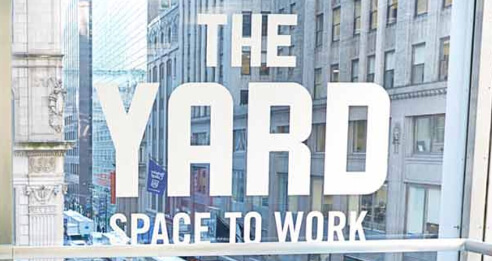
Largest Coworking Companies


We've found that many coworking owners and operators find it necessary to provide 24/7 access to their space, and often they use Kisi to do so (awesome!).
However there are some legal implications to consider for every benefit and perk you offer. In order to establish clear rules around accountability and security in the space, you should craft a comprehensive terms and conditions section, or (if you don't want to be that formal) a more casual House Rules policy that firmly lays out what is and what isn't allowed in your space.
Here are some of the most common terms and conditions policies we found among coworking spaces that you may want to include in the contracts for your space:
The resources we’ve used are the coworking membership agreement, coworking house rules and other free coworking documents from the coworking wiki.
The language used in the agreements range from simple terms like this one:
"If you are the last person to leave, turn off the lights and make sure the coffee maker & stove are off; close all windows, and lock the door.”
to these ones about security in the space:
“You may not attempt to gain unauthorized access to any Services, or accounts, computer systems or networks connected to any *Coworking Space* server or to any of the Services, through hacking, password mining or any other means. You may not obtain or attempt to obtain any materials or information through any means not intentionally made available through the Services.”
and probably most importantly the coworking renter’s insurance policy:
“*Coworking Space* will carry Liability and Business Personal Property insurance. As a user, it is strongly suggested that you carry a Renters Insurance policy to cover your own equipment while using our space. That policy may cover your current residence/office, as well as the premises of *Coworking Space*”.
This paragraph ensures that your members have an insurance that covers stolen or damaged items in the coworking space.
It is important to put all these aspects in the membership agreement to be protected against liability when something happens in the coworking space.
It can be helpful to have house rules in addition to the membership agreement to ensure that everybody is aware of these rules. Otherwise problems can occur, especially in the kitchen or with pets.
All in all, your house rules should cover the following topics.
Save your community manager 41 hours each week—learn how The Yard did it with cloud-based access control.
Read the Case StudyThe Guide to Make Your Space More Profitable
Including interviews with experts and consultants.
Free access to our best guides, industry insights and more.
